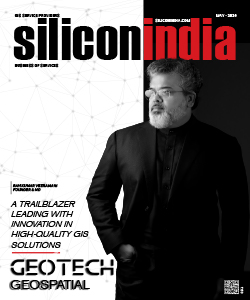President Underlines Need For Cleanliness In Cities
HYDERABAD: President Pranab Mukherjee Thursday underscored the importance of cleanliness and sanitation in cities.
Addressing the closing ceremony of 11th Metropolis World Congress, he said a clean city is the first and foremost parameter of equity and a clean environment is the right of every citizen.
He urged urban administrators to treat cleanliness as a non-negotiable requirement. “They must make a paradigm shift from waste dumping to waste processing. Garbage must be seen as a resource,” he said.
Mukherjee observed that urban India faces a backlog in the provision of basic amenities and infrastructure. About nine percent of urban India does not have access to safe drinking water and 12.6 percent have no toilet facilities.
The president told the delegates that the Indian government this month launched clean India mission which seeks to provide sanitation facilities for all and create a clean urban India in the 4,041 statutory towns by 2019.
Terming pollution as a huge challenge in cities, he underlined the need for focusing on prevention rather than mitigation of pollutants. He suggested that apart from creating lung spaces and green cover, people should be encouraged to adopt energy efficient technologies.
Mukherjee said the Indian government proposes to launch a new urban development mission to support states in building infrastructure and services in urban areas. A new mission mode program is being designed to take up these activities for 500 cities and private participation will be encouraged.
Stating that the government also plans to develop 100 smart cities, he said the smart city approach will merge urban planning, governance, ecology, environment, infrastructure and information technology to ensure that benefits of technology reach every neighbourhood and improves the quality of lives of citizens.
The president noted that urbanisation is sweeping the world. “It has been said that the 19th century was the century of empires; the 20th century was the century of countries and the 21st century will be the century of cities,” he said.
He pointed out that urban areas contribute more than 60 percent of India’s Gross Domestic Product (GDP). The top 100 largest cities produce about 43 percent of the GDP, with 16 percent of the population and just 0.24 percent of the land area. “In India too, there is realization that planned urbanization is one of the keys to unlock India’s growth potential,” he added.
At a time when more than 50 percent of the world live in urban areas, it is important that administrators address the ever rising challenges of sanitation, pollution, mobility, civic amenities and public safety in an innovative manner, he said.
Also Read: Industries Along Ganga Should Adopt Self-Regulatory Measures
Firing De-escalates Along International Border In Jammu, Samba

.jpg)

.jpg)